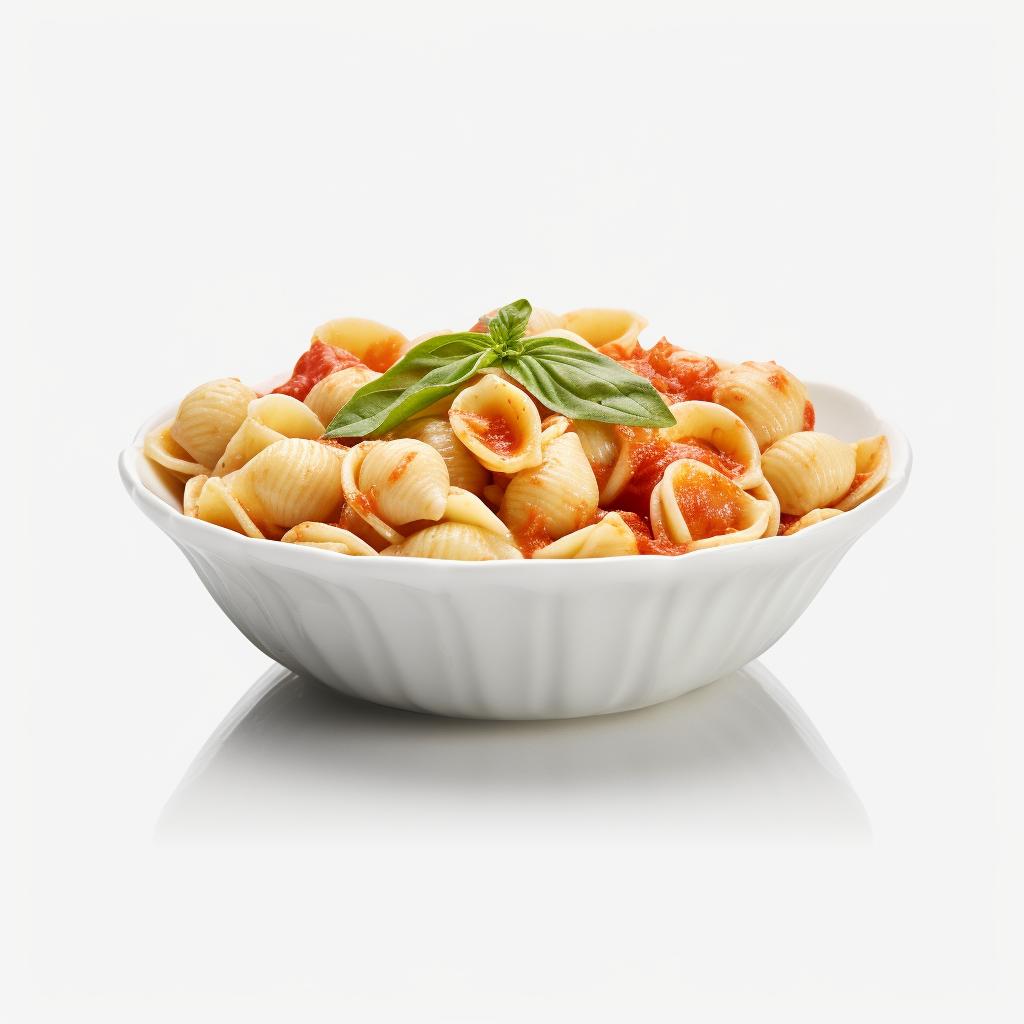Orecchiette Pasta Dish
Orecchiette pasta dish is a classic Italian meal, ideal for both simple family dinners and elaborate feasts. The name "orecchiette" translates to "little ears," which aptly describes the pasta's unique shell-like shape. Its concave design is perfect for holding sauces, making every bite a flavor sensation.
This robust pasta is versatile and pairs well with a wide range of ingredients from creamy cheeses to savory vegetables and meats. Whether prepared with traditional red marinara, rich Bolognese, or a light garlic and oil sauce, the Orecchiette pasta dish never disappoints as it delivers an authentic Italian dining experience right at your kitchen table.
46%
CARBS
24%
FAT
30%
PROTEIN
4 Recipes for Orecchiette Pasta Dish
Orecchiette Pasta Dish FAQ
The most common mistakes people make when preparing an Orecchiette pasta dish mainly revolve around overcooking the pasta, not seasoning the water it's boiled in, and choosing the wrong kinds of sauces or toppings. Orecchiette pasta needs to be cooked properly to have a firm 'al dente' texture. Forgetting to season the pasta water can result in a bland taste, which can't be compensated for, even with a flavorful sauce. Likewise, choosing an overly-heavy sauce can overwhelm the distinct texture and flavor of the Orecchiette.
To get the most out of your pasta dish, make sure to salt your pasta water generously and cook your Orecchiette until it’s al dente, which means it should be firm yet tender to the bite. Avoid very heavy sauces as they won't be compatible with the lightness of this type of pasta.
On the other hand, recipes with lighter ingredients like cherry tomatoes, fresh basil, garlic and parmigiano reggiano tend to enhance the pasta's unique shape and texture.
Little known tips include reserving some pasta water before draining to add into your sauce for a silkier texture, and tossing the pasta with the sauce in the pan to help it fully absorb the flavors.
How much salt should I add to the pasta water?
How do I know when the Orecchiette pasta is 'al dente'?
What kind of sauces go well with Orecchiette pasta?
Can I use Orecchiette pasta in a pasta salad?
How do I keep my Orecchiette from sticking together?
Why should I reserve pasta water?
Can I use Orecchiette pasta for a baked pasta dish?
What else can I add to my Orecchiette dish to enhance its flavors?
Why is my homemade Orecchiette pasta dish not as flavorful as the one in Italian restaurants?
What meat pairs well with Orecchiette?
Health Info
Macros
36g
CARBS
14g
FAT
18g
PROTEIN
Contains these allergens
WHEAT
MILK









